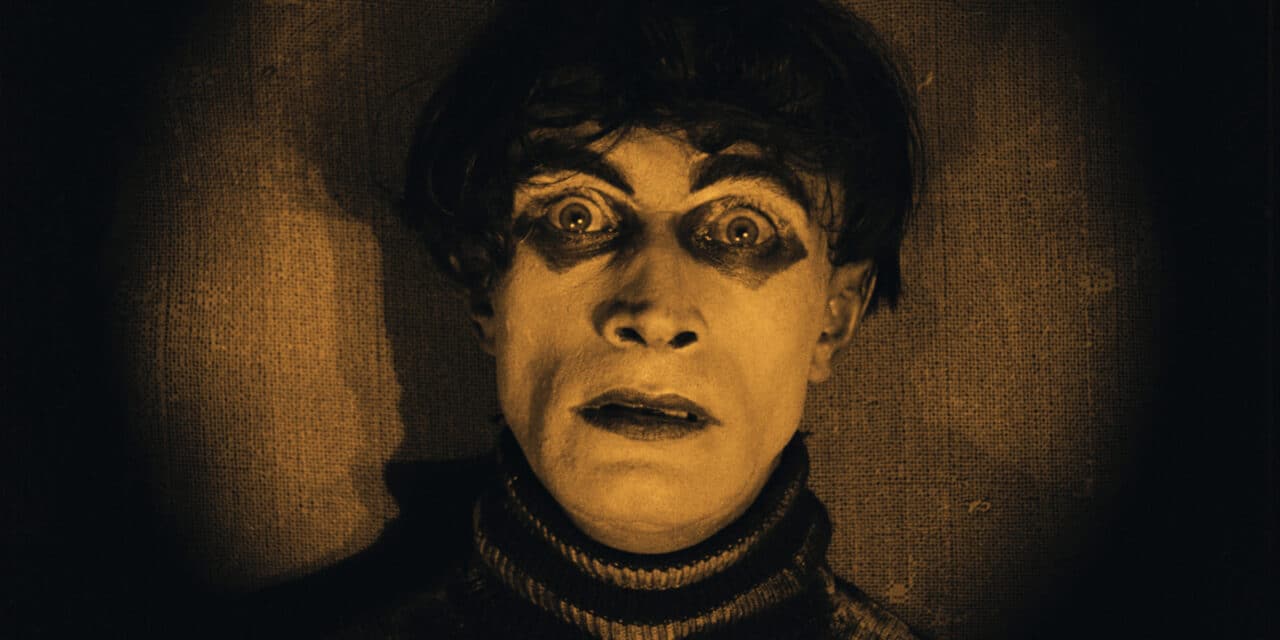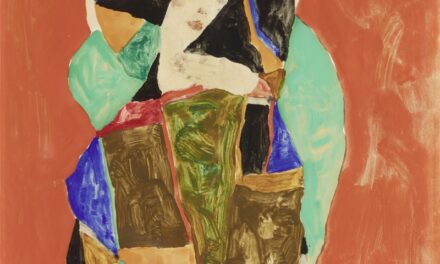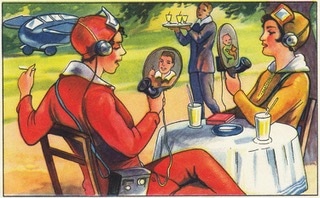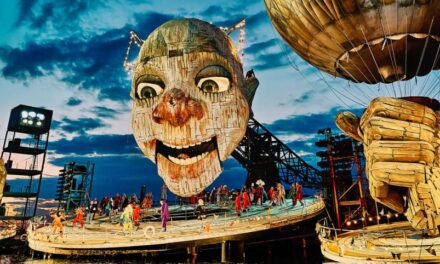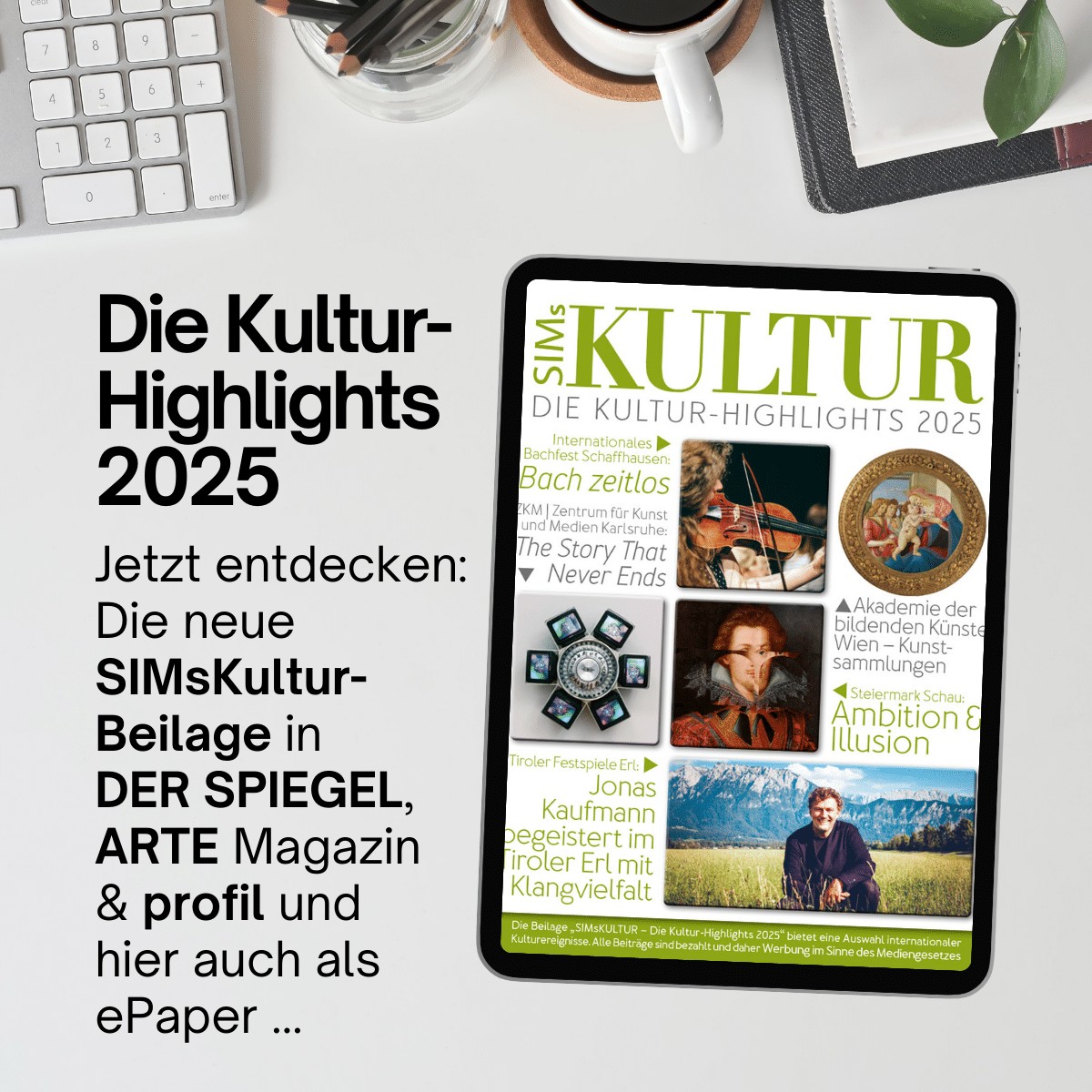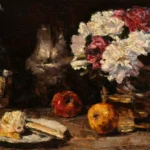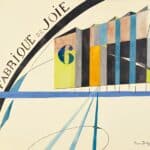Der Expressionismus ist eine der bekanntesten Kunstbewegungen des frühen 20. Jahrhunderts. In ihm spiegeln sich die gesellschaftlichen Veränderungen einer bewegten Epoche. Quer durch die Kunstgattungen reflektiert der Expressionismus eine kulturelle Moderne, die ebenso faszinierend wie ambivalent und bedrohlich ist. Kritik, Tabu, Dekadenz, Sehnsucht und Aufbruchsstimmung prägen in den 1920er-Jahren die Gesellschaft und sind zentrale Motive in Kunst und Film. Otto Dix’ einfühlsame Porträts von Zuhältern und Prostituierten, Käthe Kollwitz’ ikonische Darstellungen von trauernden Müttern und Opfern des Krieges oder Fritz Langs zusammen mit Thea von Harbou entstandenes Filmepos „Metropolis” (1927) einer futuristischen Zweiklassengesellschaft sind hierfür Beispiele.
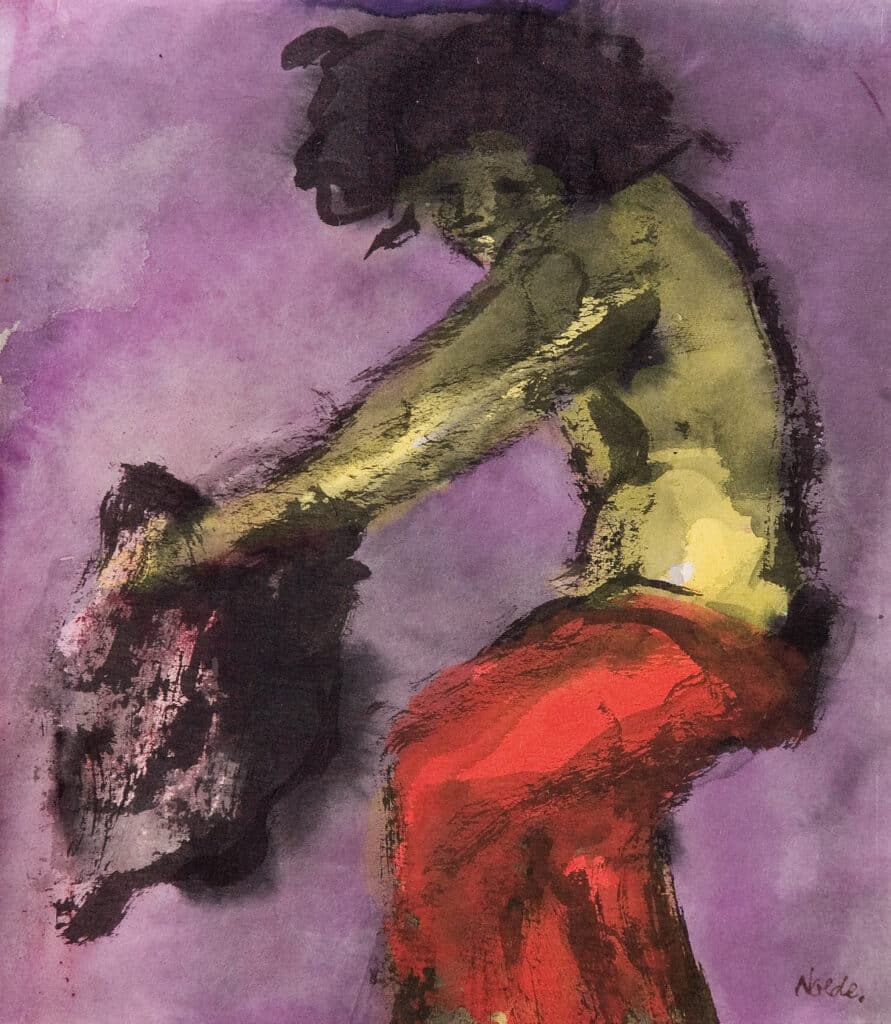
Emil Nolde, Tänzerin, um 1910/11, Sammlung Siegel / Museen Stade, Foto: Hartmut Sawatzky © Nolde-Stiftung, Seebüll
Die 1920er-Jahre sind genährt vom nervösen Gefühl des Krieges und von politischen Umbrüchen, aus denen die Künste ihre Themen beziehen. Der Beginn des 20. Jahrhunderts ist jedoch auch eine Zeit lebhafter intellektueller Fruchtbarkeit: In den Kaffeehäusern treffen sich die künstlerische Avantgarde und ein gewöhnliches Publikum. Die deutschen Großstädte und insbesondere Berlin sind ein Eldorado der Variétés, Tanzsäle, Kinopaläste, Sportereignisse, Theater, Orte sexueller Befreiung und homoerotischer Subkulturen. Zwischen einem Ringen um Demokratie, gesellschaftliche Visionen, dem Sog neuer Medien sowie Errungenschaften zur Emanzipation der Frau, ist der Expressionismus revolutionärer Antrieb und Spiegel seiner Zeit.
In über 120 Gemälden, Zeichnungen, Druckgrafiken und Filmsequenzen präsentiert die Ausstellung wechselseitige Einflüsse von Kunst und Film. Das Kino der 1920er-Jahre löst mit seinen neuen technischen Möglichkeiten vieles von dem ein, was die expressionistischen Malerinnen und Maler bereits zuvor begonnen hatten – ein naheliegender Anlass, beide Kunstformen erstmals gegenüberzustellen und ihre engen Beziehungen aufzuzeigen. Mit Arbeiten von Paula Modersohn-Becker, Otto Dix, Franz Marc, Gabriele Münter, Wilhelm Morgner und Filmen von Fritz Lang oder Lotte Reiniger werden die 1920er-Jahre in drei Episoden vorgestellt: „Aufbruch und Bruch“, „Traum und Trauma“, „Form und Deformation“ werfen Schlaglichter auf das, was die Menschen damals erlebten. Kunst und Film verleihen diesen Themen einen lautstarken Ausdruck und lassen den Expressionismus auf neue Weise entdecken.
9. März bis 20. Mai 2024
www.museen-stade.de
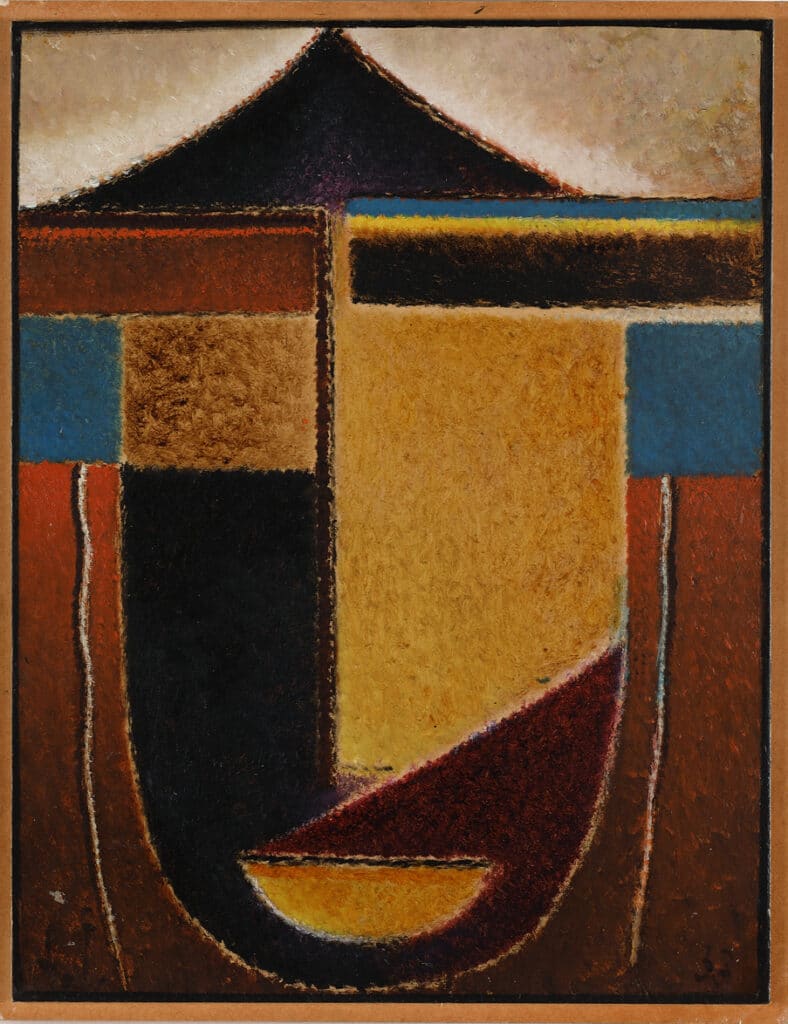
Alexej von Jawlensky, Abstrakter Kopf: Homer (Tibet), 1933, Kunsthalle Emden, Foto: Martinus Ekkenga

